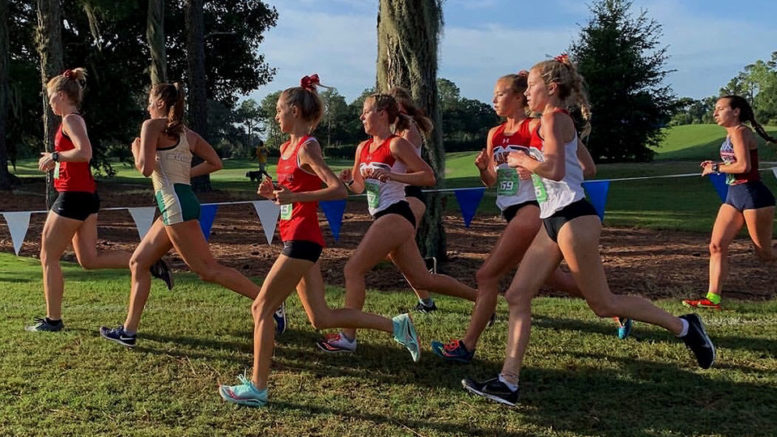By Maiya Mahoney| gargoyle@flagler.edu
Countless hours exercising at the gym, battling injuries, not to mention the accumulation of blood, sweat and tears — these are examples of the time and dedication required to be a collegiate athlete.
Florida State Rep. Kionne McGhee recently proposed legislation allowing collegiate athletes the opportunity to make money from endorsements and to hire agents. Similar to California’s Fair Pay to Play Act, House Bill 251 contends the National Collegiate Athletic Association’s (NCAA) belief that athletes should earn a degree, not money.
While the bill only applies to NCAA Division I athletics, if passed in Florida, it could pose threats to Flagler College’s Division II athletic programs.
“We need to start having discussions on how this will play out in Division II athletics. It’s a new frontier, and the days of pure athleticism are closer to an end than ever before,” said Chad Warner, head men’s basketball coach at Flagler College.
The new bill could affect the recruitment process, Warner said.
“I fear that the bill will be 100 percent a recruiting tool for athletes — as long as somebody pays for their likeness,” he said. “It could be at a school’s advantage if they have those resources.”
A potential deciding factor for athletes is choosing between Division I and II colleges, and such a bill could affect Division II athletic programs beyond recruitment. Flagler’s Head Men’s Baseball Coach David Barnett disagrees with the proposed bill for other reasons.
“As a coach, I would be worried about dissension on a team because someone is envious of others getting more,” Barnett said. “It would be bad if the bill got into college athletics, and it could cause crime among teammates, as well as causing a lot of institutions to drop sports.”
But that feeling isn’t always shared by athletes at Flagler College.
Sophomore Flagler College student Jessie Mescal, a member of Flagler’s track and cross country teams, believes being paid would be a great opportunity for Division I athletes. However, Mescal would not accept the money herself if given the option.
“I would rather the donations be put into the sport rather than given to me. As Division II college athletes, we are choosing to be here and to put in the time and effort. No one is forcing us,” Mescal said. “If it is not a good team community, I do not think small endorsements would be worth it personally.”
Even though there are advantages and disadvantages to the new bill, coaches agree on one fact: education is important.
“Anytime you are able to enhance someone’s quality of life, it opens up a great discussion for equity,” Warner said. “But getting an education and a college degree should be the primary focus.”
The NCAA has fostered the principle of not paying athletes beyond scholarships — a principle that could be challenged if the new bill passes.
“There is a value to education. Go make money for yourself when you go professional,” Barnett said. “I have been at Flagler for 33 years. I like Division II athletics because I can build a team and teach values and character. If this bill happens, you take out team building, and it is all about winning at all costs.”



Be the first to comment on "Flagler College campus responds to new proposed athletic legislation"